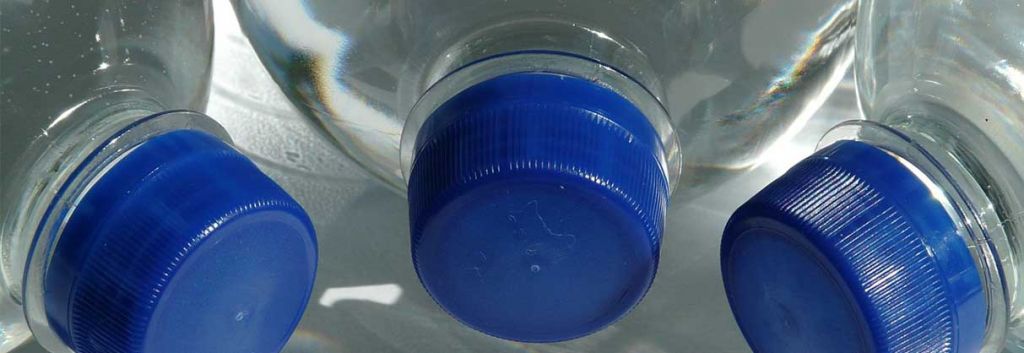Newsletter Signup - Under Article / In Page
"*" indicates required fields
Bio-on and Cristal Union will work together to build the most advanced plant producing bioplastics in France. This exclusive process will transform sugar beet co-products in a 100% biodegradable plastic!
Your plastic bottle will soon be produced from sugar beet! Bio-on and Cristal Union just signed an agreement to work together on the construction of a production site with a 5 000 tons of bioplastic produced per year (even expandable to 10 thousand tons/year).
The goal is to produce polyhydroxyalkanoate (PHA), a bioplastic that can replace a number of traditional polymers currently made with petrochemical processes using hydrocarbons. The PHAs developed by Bio-on guarantee the same thermo-mechanical properties with the advantage of being completely naturally biodegradable.
“We will create Europe’s first PHAs production facility with France‘s leading sugar production and trading company”, explains Bio-on S.p.A.Chairman Marco Astorri.
Behind the 70 million Euro investment necessary to build the plant is Cristal Union, the EU’s fourth largest sugar beet transformer. Thanks to a licence granted by Bio-on, developer of the process, Cristal Union will be able to add more value to its process and produce renewable materials from its co-products which usually finish as waste.
If you’re curious about Bio-on’s process, I invite you to watch the following video interview made by Aljazeera:
This initiative is not the first from Cristal Union to become a leader in renewable materials. Last May, the French sugar giant created the joint-venture IBN-One with Global Bioenergies, to build and operate France’s first bio-sourced isobutene production plant. Unfortunately, it seems that this plant is not using co-products to produce the biofuel, leading to some questions around the economic viability of the project.
The new project, in collaboration with Bio-on, could be a good way to make their process really sustainable while producing some high-value compounds. Let’s see how the construction is going on in the following months.






